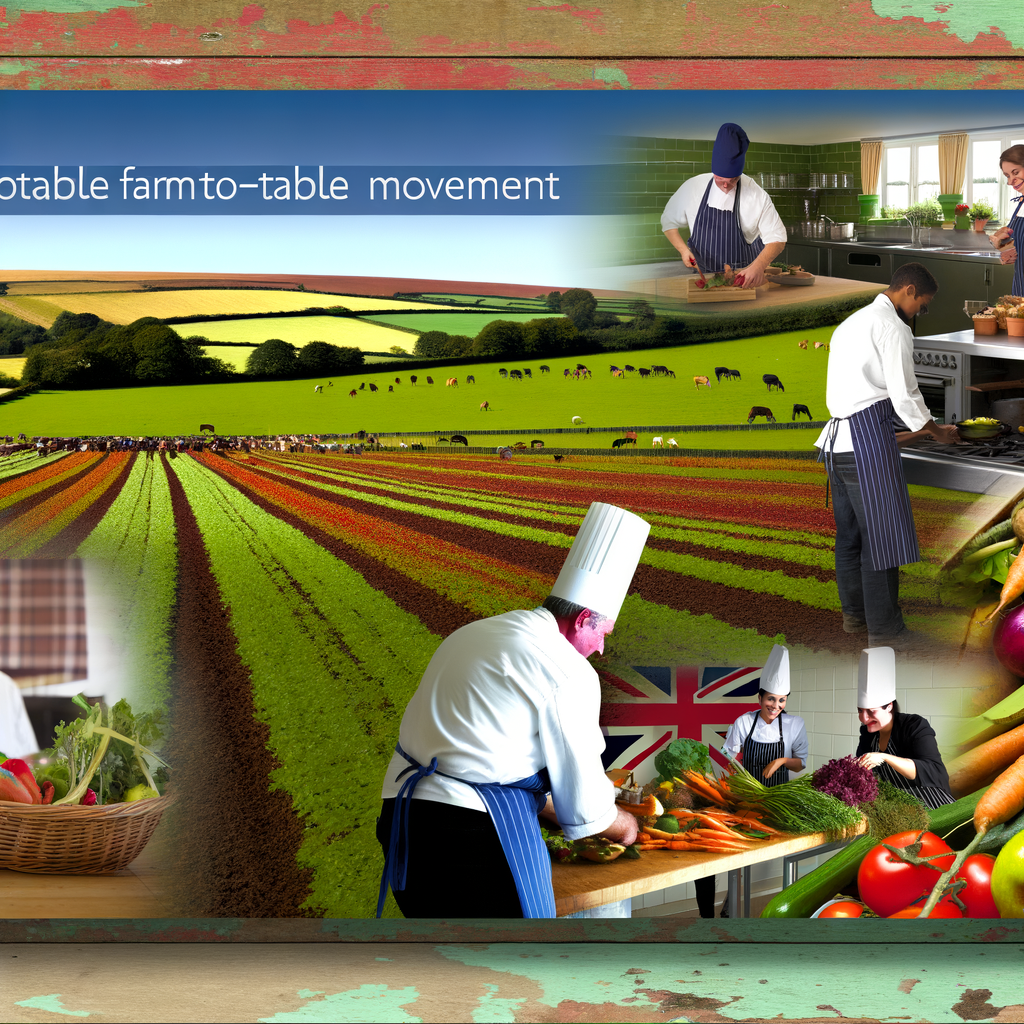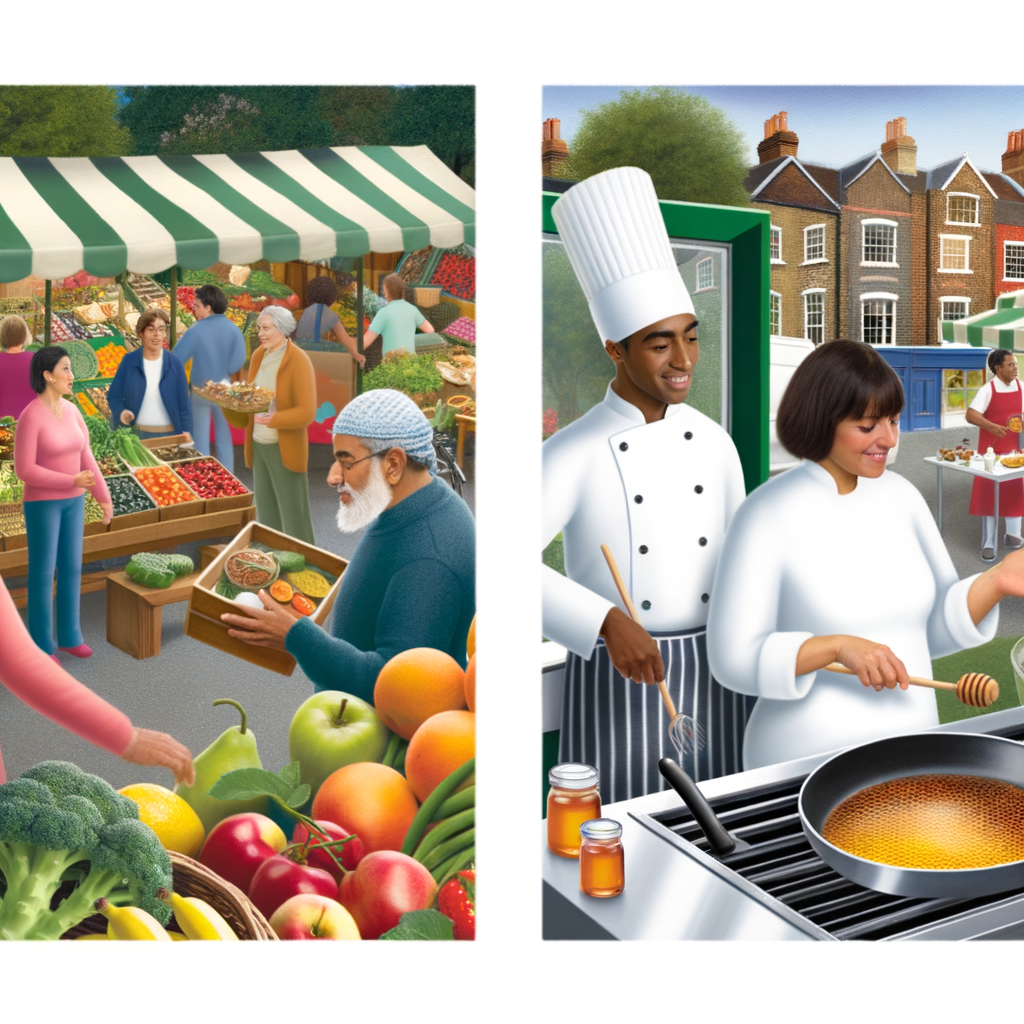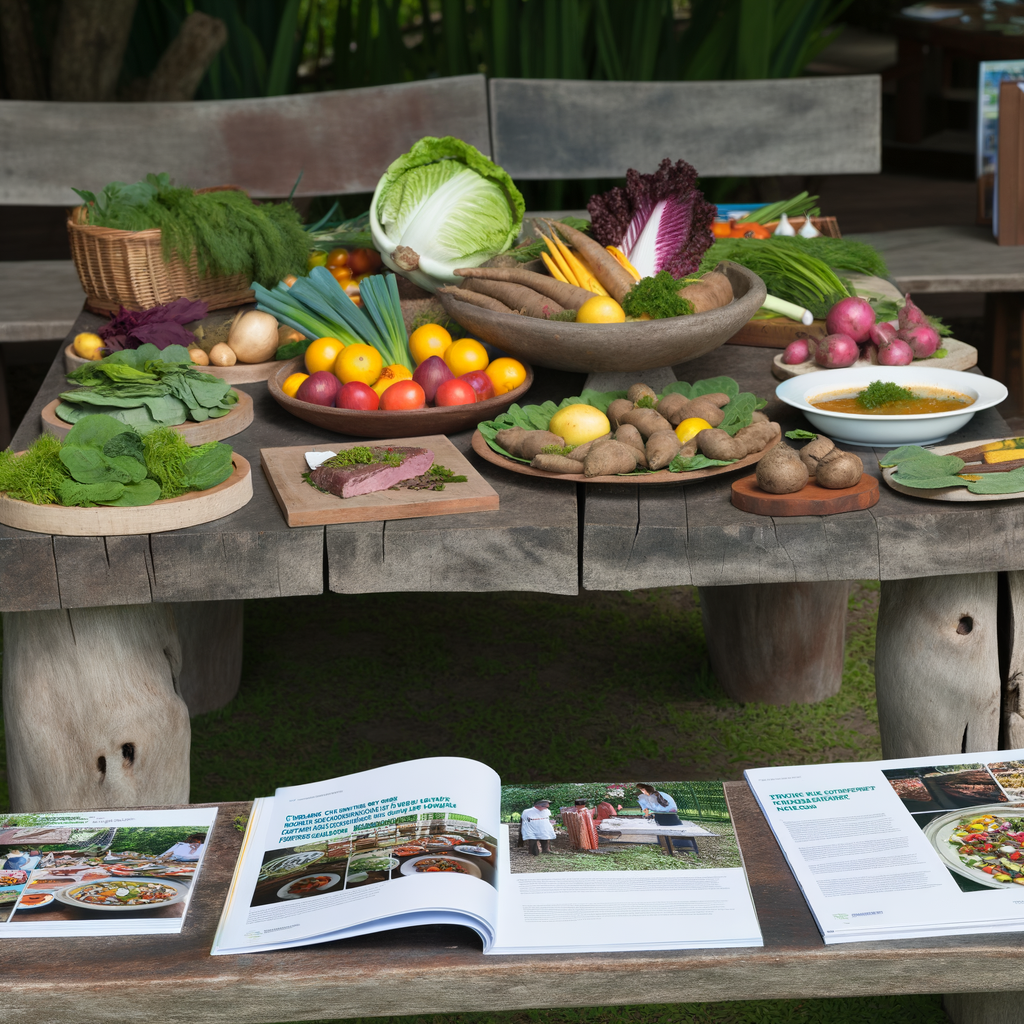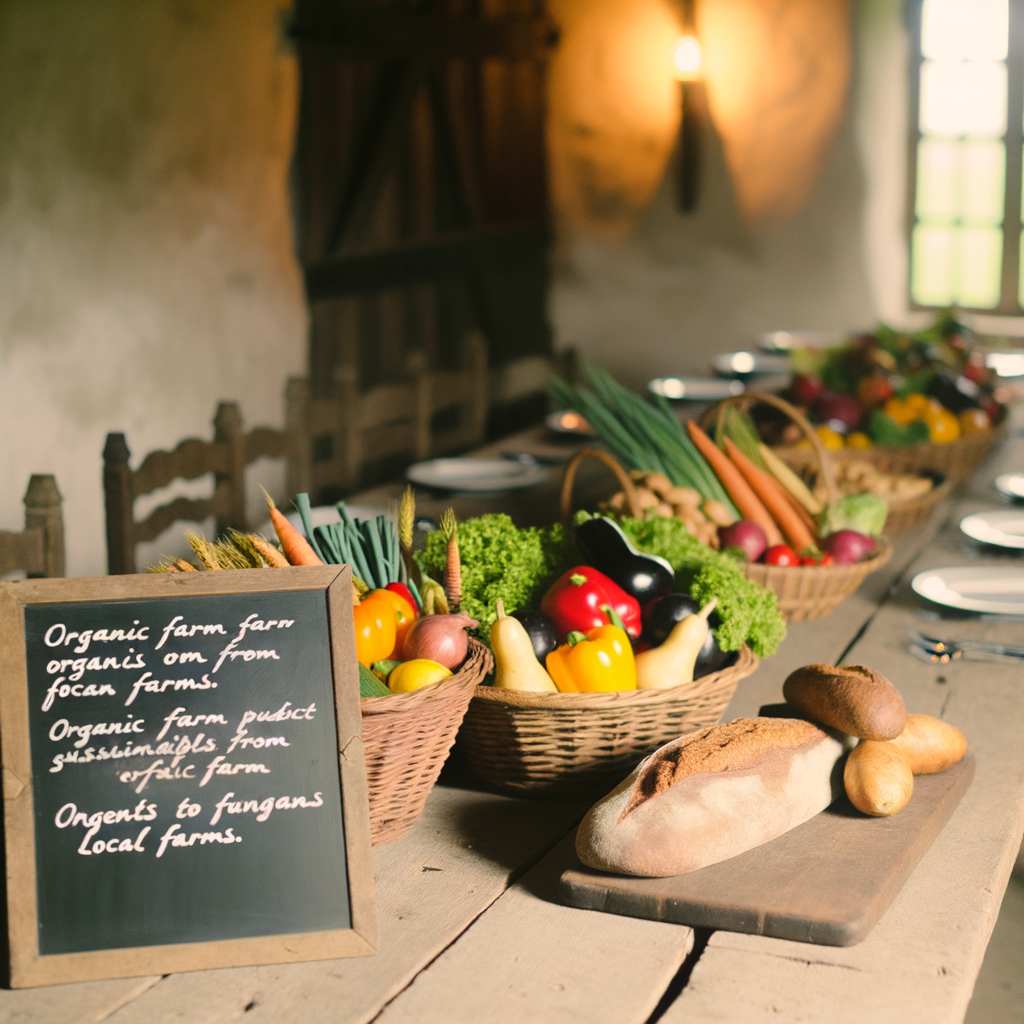When it comes to British cuisine, the concept of farm-to-table is nothing new. For centuries, British farmers have been supplying the country with fresh, locally-sourced ingredients. However, in recent years, there has been a resurgence of this traditional practice, as chefs and consumers alike recognize the importance of supporting local producers.
One of the main benefits of farm-to-table dining is the freshness of the ingredients. By sourcing produce from nearby farms, chefs are able to serve fruits and vegetables at the peak of their ripeness, resulting in dishes that burst with flavor. In addition, by eliminating the transportation and storage of produce, the carbon footprint of these meals is significantly reduced, making it a more sustainable option for the environment.
But farm-to-table isn’t just about the food itself. It’s also about the relationships between farmers, chefs, and consumers. By supporting local producers, chefs are able to build a stronger connection to the community and create a more meaningful dining experience for their guests. And for consumers, knowing where their food comes from and who is responsible for growing it adds a personal touch to their meal.
As a British food critic, I have had the pleasure of visiting countless farm-to-table restaurants and witnessing the passion and dedication that goes into each dish. From the bustling markets to the cozy farmhouses, it’s clear that British food culture is deeply rooted in the practice of sourcing food locally. And as I continue to explore the vibrant and diverse landscape of British cuisine, I am reminded of the importance of preserving this tradition for generations to come.





